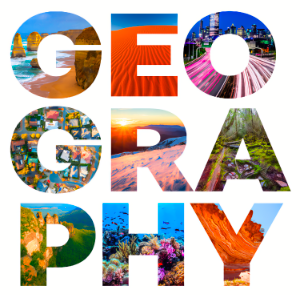#GOWITHGEO
“Geography uses an inquiry approach to assist students to make meaning of their world. It teaches them to respond to questions in a geographically distinctive way, plan an inquiry; collect, evaluate, analyse and interpret information; and suggest responses to what they have learned. They conduct fieldwork, map and interpret data and spatial distributions, and use spatial technologies.”
– Australian Curriculum: Geography
“Places and people are increasingly interconnected globally, and society’s current problems require answers that integrate different fields of knowledge. In a world in which inequalities within and between places can threaten social cohesion, and where the pressure of human impacts on the environment is a growing concern, geography has much to offer.”
– Academy of Sciences (Australia)
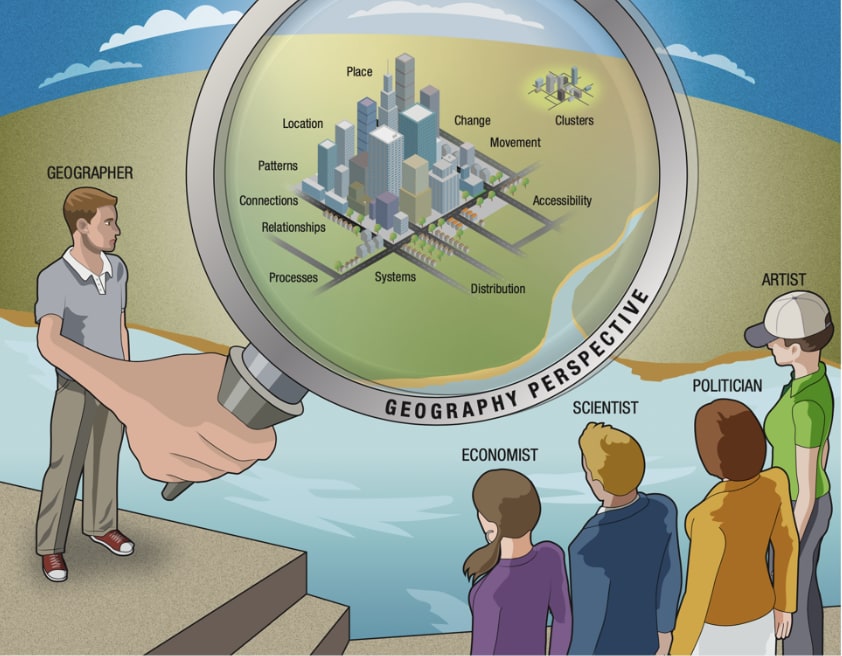
GEOGRAPHICAL
THINKING
Is different from the thinking of non-geographers. Geographers make sense of the world around them by viewing it through a ‘geographical lens’. This ‘lens’ consists of the conceptual knowledge and understanding developed by geographers when they integrate information from different sources and use geographical tools and skills to help them inquire about and interpret what they discover.
Thinking geographically involves looking at the world through a ‘lens’ shaped by the conceptual knowledge and understandings developed by geographers
GEOGRAPHICAL
THINKING
is different from the thinking of non-geographers. Geographers make sense of the world around them by viewing it through a ‘geographical lens’. This ‘lens’ consists of the conceptual knowledge and understanding developed by geographers when they integrate information from different sources and use geographical tools and skills to help them inquire about and interpret what they discover.
Thinking geographically involves looking at the world through a ‘lens’ shaped by the conceptual knowledge and understandings developed by geographers

GEOGRAPHICAL
INQUIRY
An inquiry-based approach to learning is central to the study of geography. It involves students acquiring, processing and communicating geographical information. Armed with these skills, students can explain spatial patterns, evaluate consequences and contribute to the management of places and environments in an increasingly complex world. Participating in fieldwork and the use of other tools including mapping and spatial technologies are fundamental to geographical inquiry.
Geographical inquiries enable students to develop and apply a range of inquiry skills including.
- Asking distinctively geographical questions
- Planning an inquiry and evaluating information sources
- Collecting, processing, analysing and interpreting information
- Reaching conclusions based on evidence and logical reasoning
- Evaluating and communicating findings
- Reflecting on their inquiry and responding, through action, to what they have learned.
These inquiry skills are highly valued by employers.
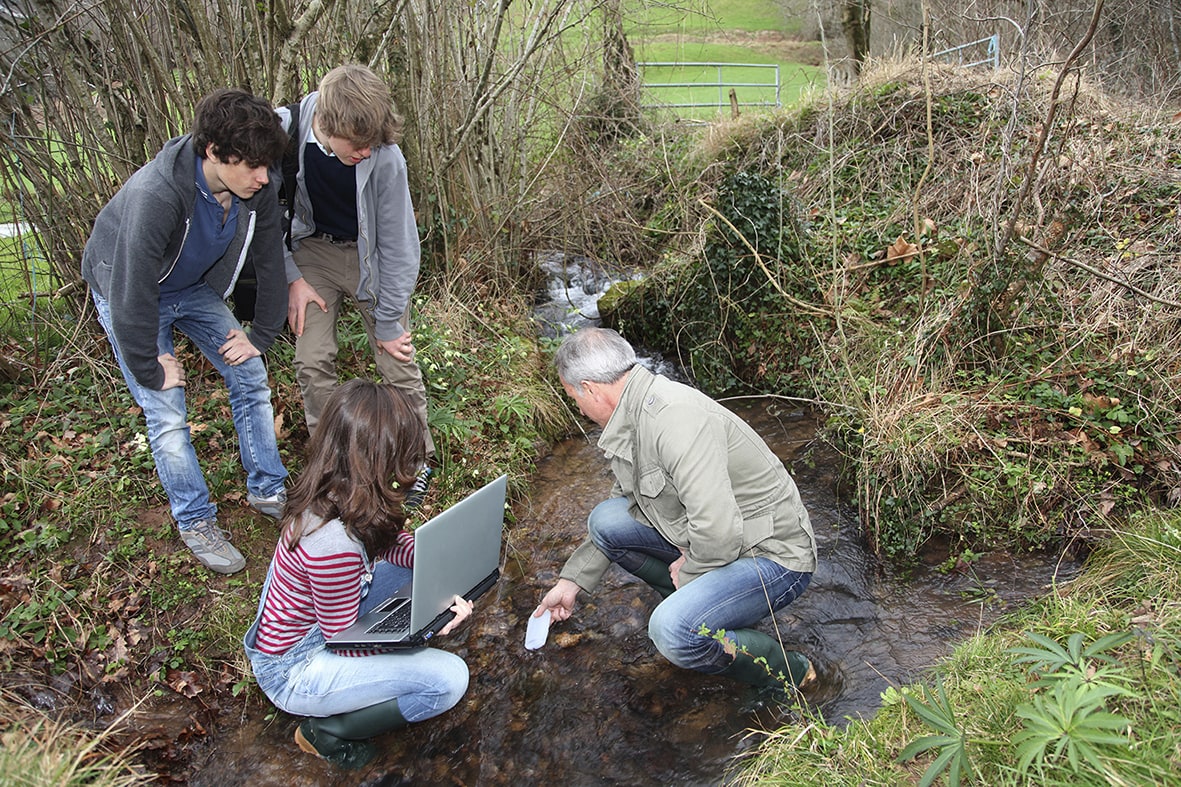
TRANSFERABLE SKILLS
Transferable skills are those that can be applied in a range of contexts. The skills developed in geography can, for example, be used in a wide range of jobs. In geography students develop skills in:
- Planning and undertaking an inquiry applying ethical research principles.
- Collecting, evaluating, processing, and analysing information from primary and secondary sources such as field observation and data collection, mapping, monitoring, remote sensing, case studies and reports.
- Skills in spatial and visual representation and interpretation using cartographic, diagrammatic, graphical, photographic and multimodal forms.
- Communicating using traditional written and oral means.
- The ability to solve problems and to think critically and creatively using evidence and logical reasoning.
- A capacity for teamwork.
- Time management skills.
- An ability to responding, through action, to the findings of an inquiry or investigation.
